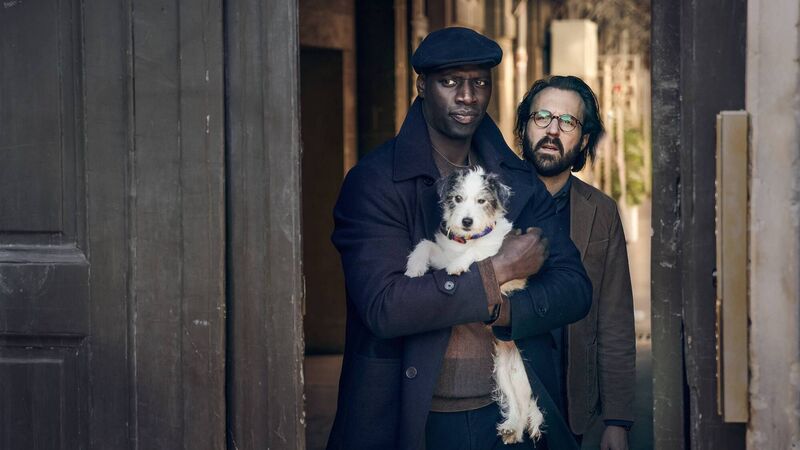Comedy, high drama and spy capers: the foreign telly we discovered in lockdown

Lupin: a French hit that went supernova on Netflix
As we emerge blinking into the post-Covid daylight, it is clear the world has been turned upside down. Britney Spears is our most beloved celebrity. England have reached the final of a major soccer tournament. And a 43-year -old Frenchman with a background in sketch comedy is touted as potentially the next James Bond.
The idea that Omar Sy, from the concrete-block suburbs of Paris, could slip into 007’s tuxedo sounds absurd (James Bond has to be “British”, even when played by an Irishman). Unless, that is, you’re among the estimated 76 million Netflix subscribers to have watched Sy star in Lupin, the French action thriller that has become as one of lockdown’s biggest hits.




